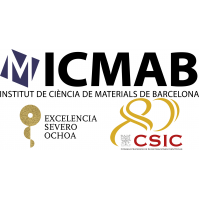Showing 1 to 15 of 2456 results
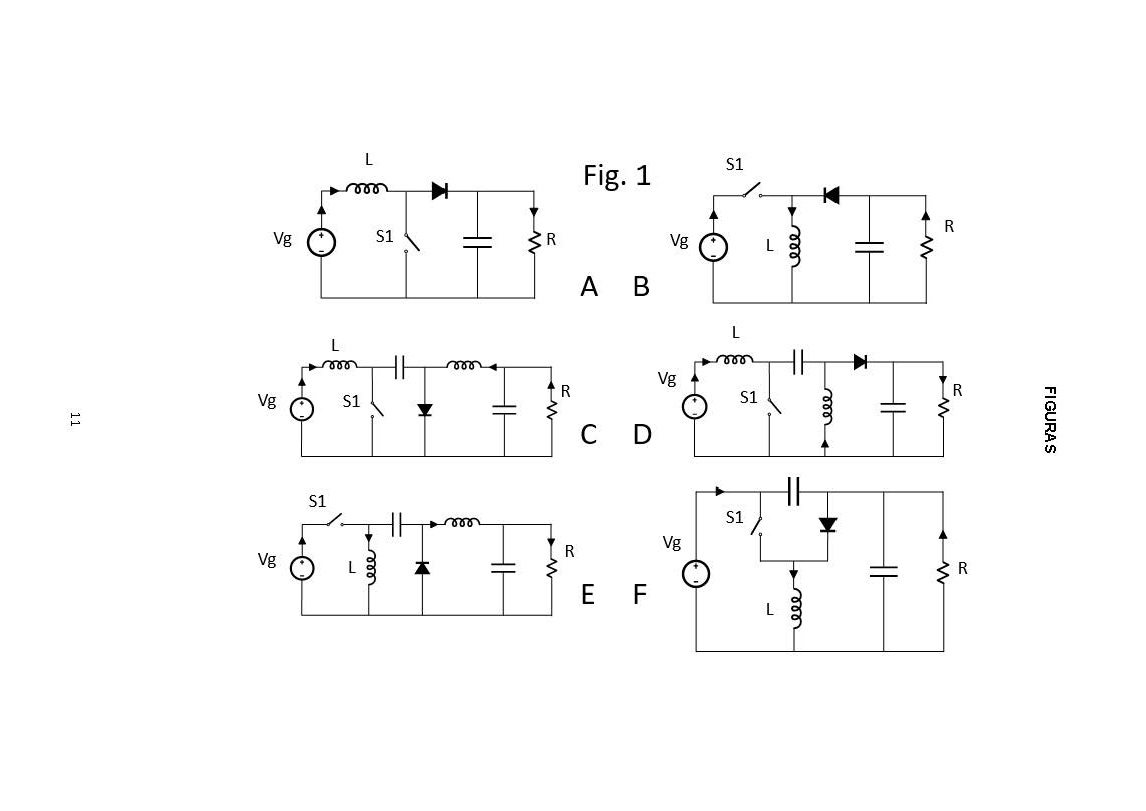

NEW CONFIGURATIONS OF CC-CC CONVERTERS OF ONE INPUT AND MULTIPLE OUTPUTS WITHOUT TRANSFORMER AND POWER CONVERTER THAT APPLY THEM
Patents for licensing University of Huelva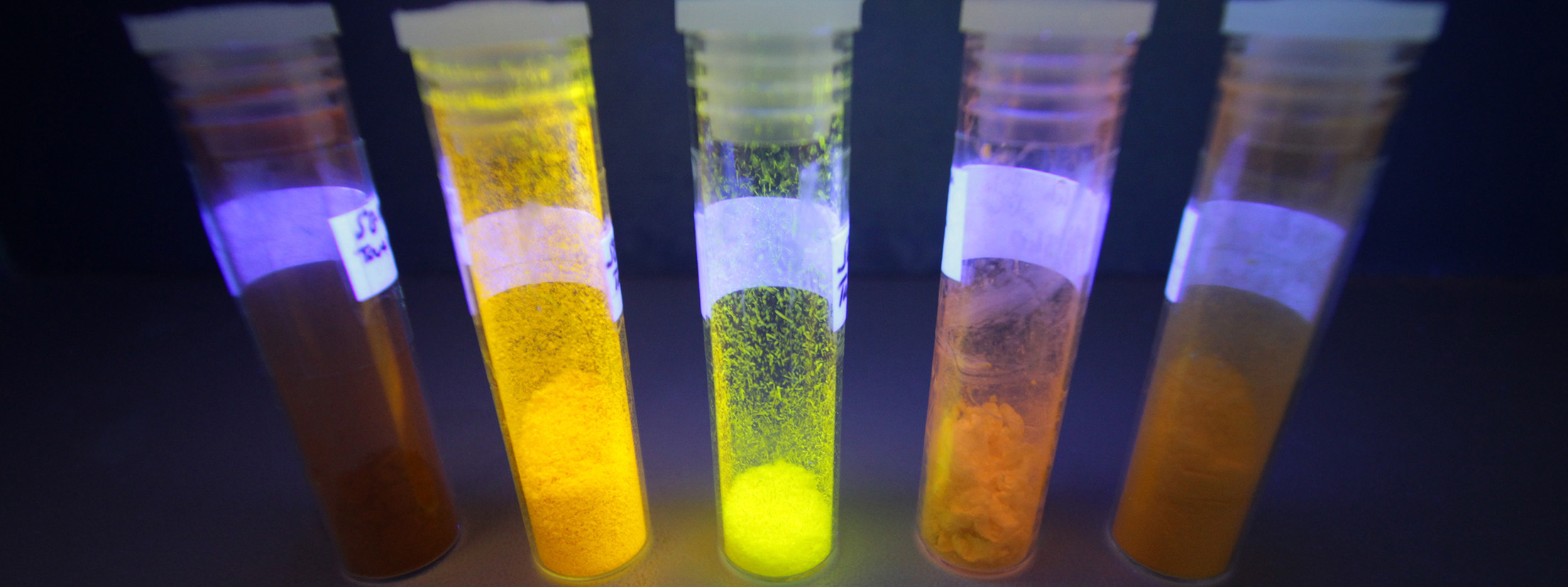

LipidPro - Fluorescent dye for detection of lipid aggregates in living cells and other samples
Patents for licensing UATEC - Unidade de Transferência de Tecnologia

BREATHIFIC DENTAL SYNBIOTIC ORAL STRIPS
Patents for licensing RENUzORAL, LLC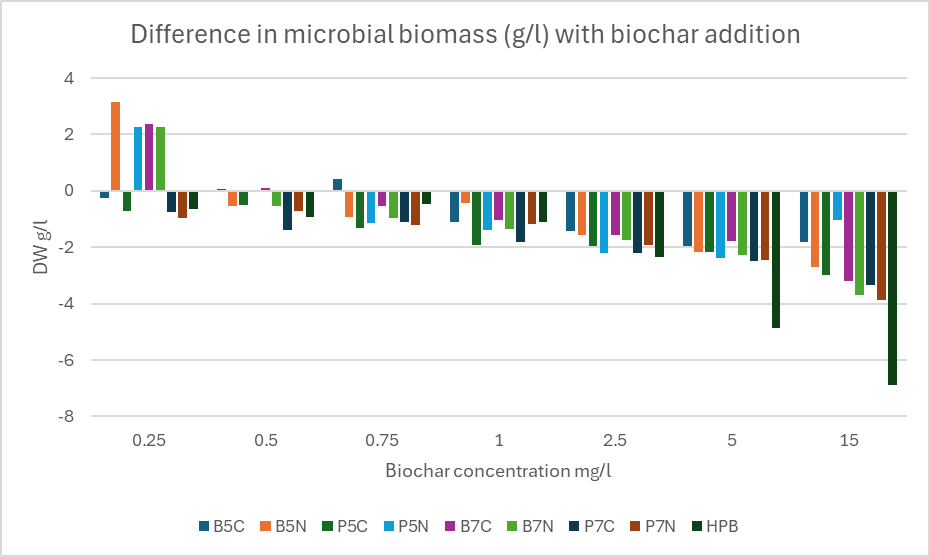

Biotechnology Platform for Biological Methane Reduction Using Advanced Adsorbents
Knowhow and Research output University of Galway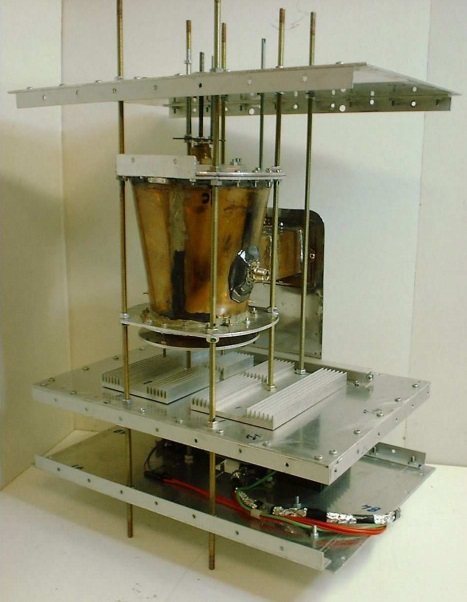
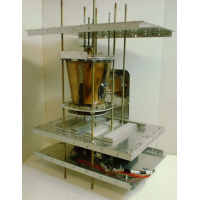
EmDrive two is new version of this machine, which provides huge thrust, big enough for satelites and flying vehicles.
Knowhow and Research output private researcher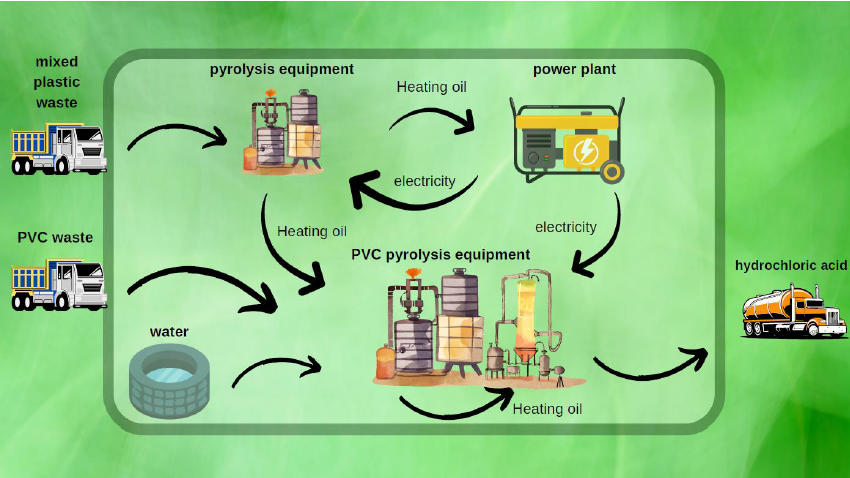

Pyrolysis of carbonized Polyvinyl Chloride (PVC) waste to produce hydrochloric acid
Innovative Products and Technologies Laser Consult Ltd.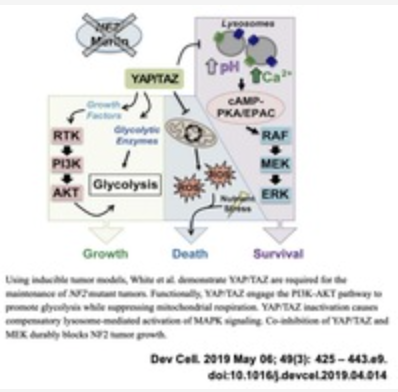

YAP/TAZ inhibitors for cancer.
Innovative Products and Technologies Georgetown University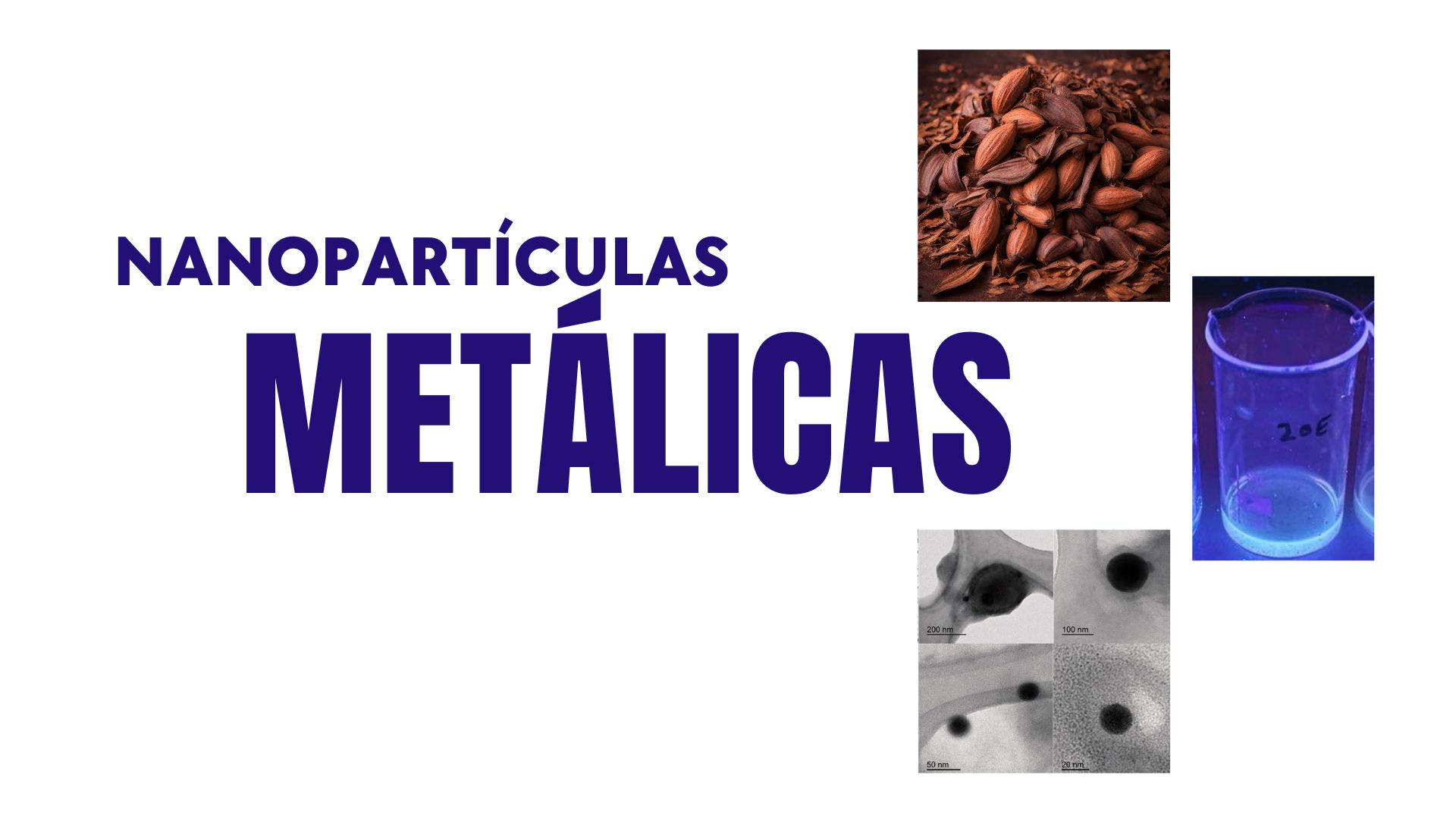

Innovative process to obtain metal nanoparticles from cocoa residue
Patents for licensing Universidad de Alicante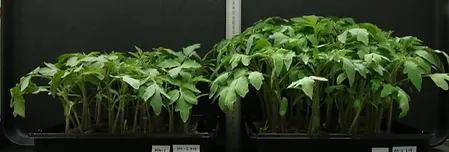

Microbial networks for sustainable ecosystems
Innovative Products and Technologies Kyoto University

Blood Test to Identify People at High Risk for Lung Cancer
Patents for licensing Yeda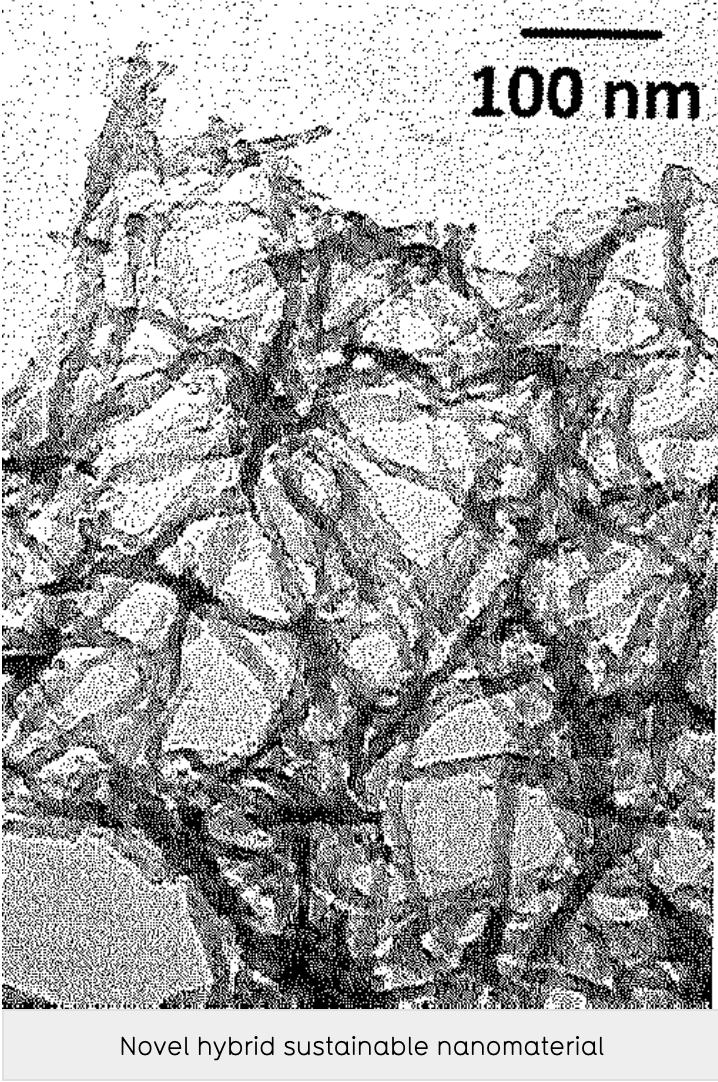

Process to prepare amine-functionalized cellulose nanocrystals for applications such as an antimicrobial agent or catalyst
Innovative Products and Technologies University of Waterloo

Augmented Reality on Android: Arquiz
Innovative Products and Technologies UNIVERSIDAD DE BURGOS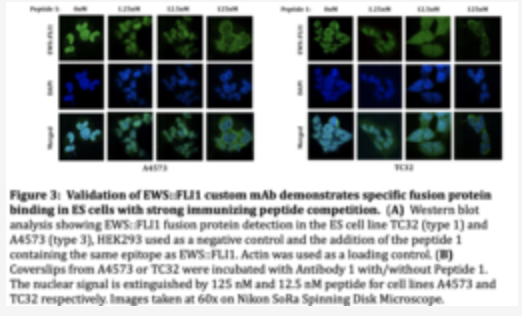

Custom FLI I Monoclonal Antibody
Innovative Products and Technologies Georgetown University

Institute of Thermal Power Engineering - Cracow University of Technology
Research Services and Capabilities Cracow University of Technology
